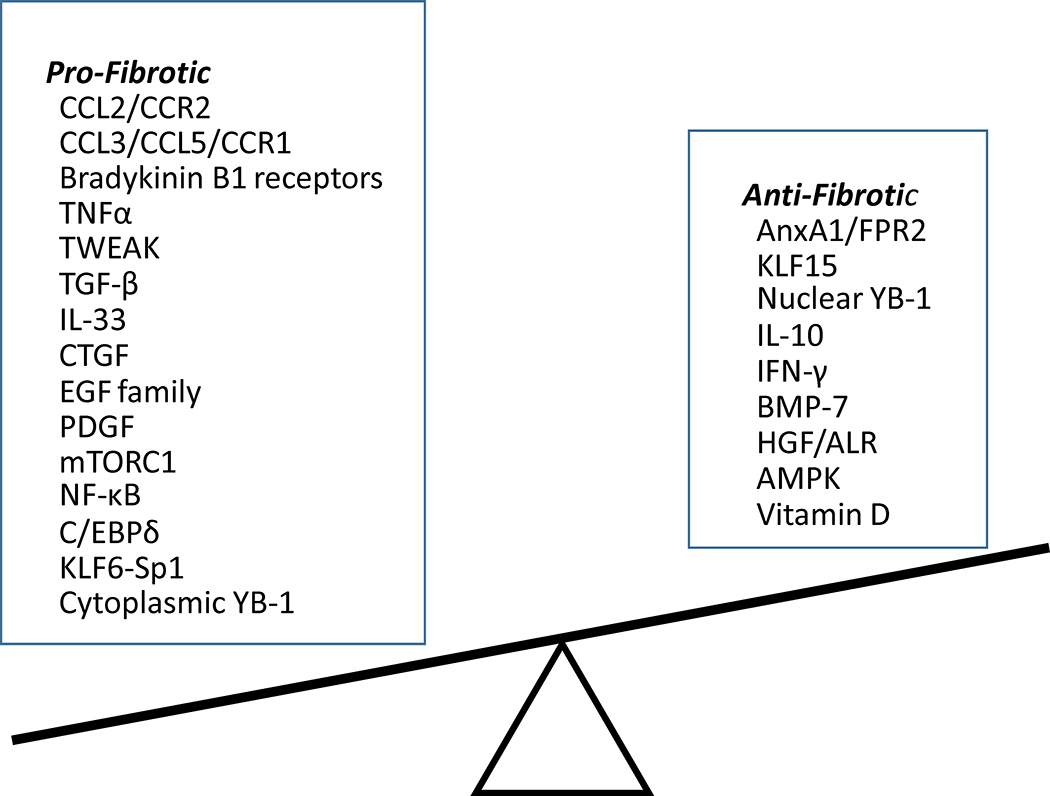Fig. 1. Summary of pro- and anti-fibrotic factors involved in renal inflammation.
Renal inflammation plays a central role in the initiation and progression of chronic kidney disease (CKD) by causing fibrosis. Multiple inflammatory signaling molecules are activated that are potential targets for drug development. Multiple antifibrotic factors are also downregulated, thus contributing to the development of CKD indirectly. Therapies aimed at restoring levels of these factors or activating their signaling pathways are an alternative strategy for attenuating renal fibrosis. Restoration of the balance between pro- and antifibrotic signaling pathways could serve as a guiding principle for the design of new antifibrotic strategies to treat CKD.

